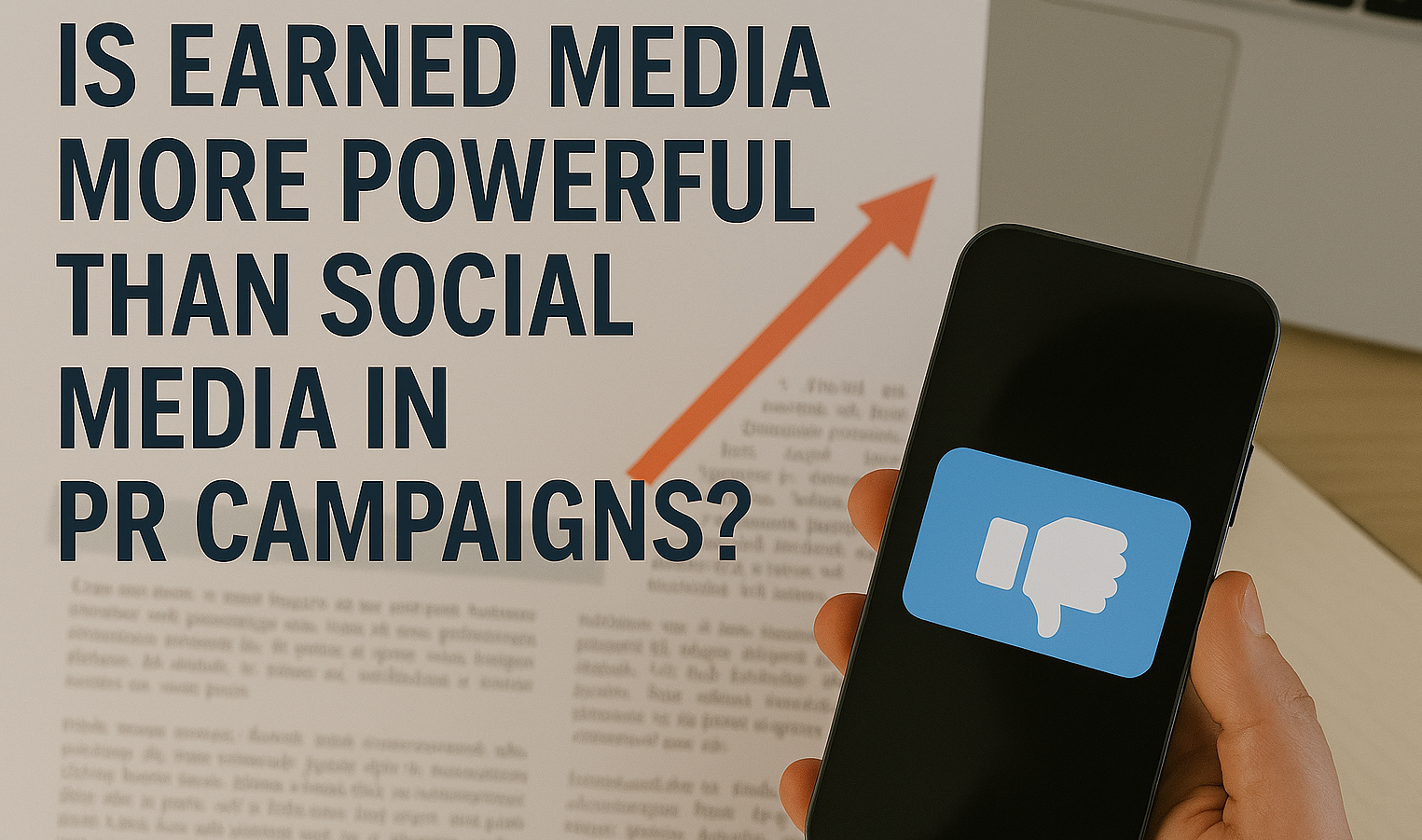From Newsroom to Boardroom: Why Journalists Thrive in PR
Why Journalists Are Suited to Becoming Public Relations Professionals.
The world of journalism and public relations (PR) may seem like two sides of a coin, one focused on uncovering truths, the other on promoting narratives. Yet, in practice, the skills and sensibilities that make great journalists also make exceptional PR professionals. Many seasoned reporters, editors, and correspondents find that transitioning into PR feels less like a career change and more like a natural progression.
The two roles, while distinct in purpose, share a core set of competencies and a deep understanding of the media landscape that is crucial to success in either field.
Telling Stories Runs Through the Core of Each Role
At the heart of both journalism and PR lies the ability to tell compelling stories. Journalists are trained to identify newsworthy angles, conduct thorough research, and communicate clearly under tight deadlines. These storytelling skills are directly transferable to PR, where crafting the right message and ensuring it resonates with the intended audience is paramount. A journalist-turned-PR professional doesn’t just write press releases; they write with an innate sense of what editors want, how headlines will land, and what makes a story stand out.
Strong writing ability is another major transferable skill. Journalists are expert communicators who understand tone, clarity, and brevity, qualities that are vital when creating persuasive content such as media pitches, speeches, website copy, or social media campaigns. They also know how to adapt messaging to suit various audiences, from the general public to industry insiders and stakeholders.

The Inside Track on Media Operations
What's more, journalists bring a valuable understanding of media operations. They know how newsrooms function, how editorial decisions are made, and what kinds of stories gain traction. This inside knowledge allows PR professionals with journalistic backgrounds to pitch stories more effectively, build credible relationships with the press, and anticipate how their clients’ messages might be received or challenged. Their experience helps them navigate media crises with a cool head, often thinking a few steps ahead of potential reputational risks.
Research is another cornerstone skill in journalism that benefits PR work. Journalists are trained to dig deep, verify facts, and uncover nuances, all of which serve well when crafting informed PR campaigns or understanding a client’s competitive landscape. Their ability to quickly get up to speed on unfamiliar topics gives them a strong edge in industries like tech, healthcare, and finance, where specialised knowledge is crucial.
Journalists also have a finely tuned sense of ethics and accuracy. In an age where misinformation spreads quickly, these qualities are more important than ever in PR. Clients rely on PR professionals to maintain trust with their audiences, and a journalist’s commitment to truthfulness, even when advocating for a brand, can enhance credibility and foster long-term relationships with media and consumers alike.
So, what is the real reason so many journalists move over to PR?
It’s no surprise, then, that so many journalists transition into PR. Part of the appeal lies in career stability and compensation, PR roles often offer more predictable hours and competitive salaries. In contrast, the journalism industry has faced significant cuts, consolidations, and job insecurity in recent years, prompting many to seek more sustainable options where their skill sets are still valued.
The switch is also appealing because it allows journalists to continue working in a fast-paced, communications-focused environment. They still get to shape narratives, engage with the media, and influence public opinion, only now with a different goal. For many, the move to PR is a way to continue doing what they love while applying their talents in new and strategic ways.
Another key advantage of a journalistic background is credibility. When a journalist transitions into PR, they bring with them a network of media contacts, a solid reputation for integrity, and an insider’s view of how to position a story to maximise coverage. This can be particularly advantageous for clients looking to break into mainstream press or manage complex communications challenges.
Ultimately, journalists make excellent PR professionals because they understand what makes a story stick, and they know how to frame narratives in a way that garners attention and drives engagement. The mindset of always asking “why does this matter?” and “who needs to hear this?” is what elevates a campaign from good to great.
What does all this mean for you, reaching your goals?
With my background in journalism and hands-on experience in PR, I bring both storytelling expertise and media insight to every client I work with. I know how to find the right angle, pitch it effectively, and deliver results that align with business goals, making me uniquely positioned to help clients stand out in a crowded media landscape.


